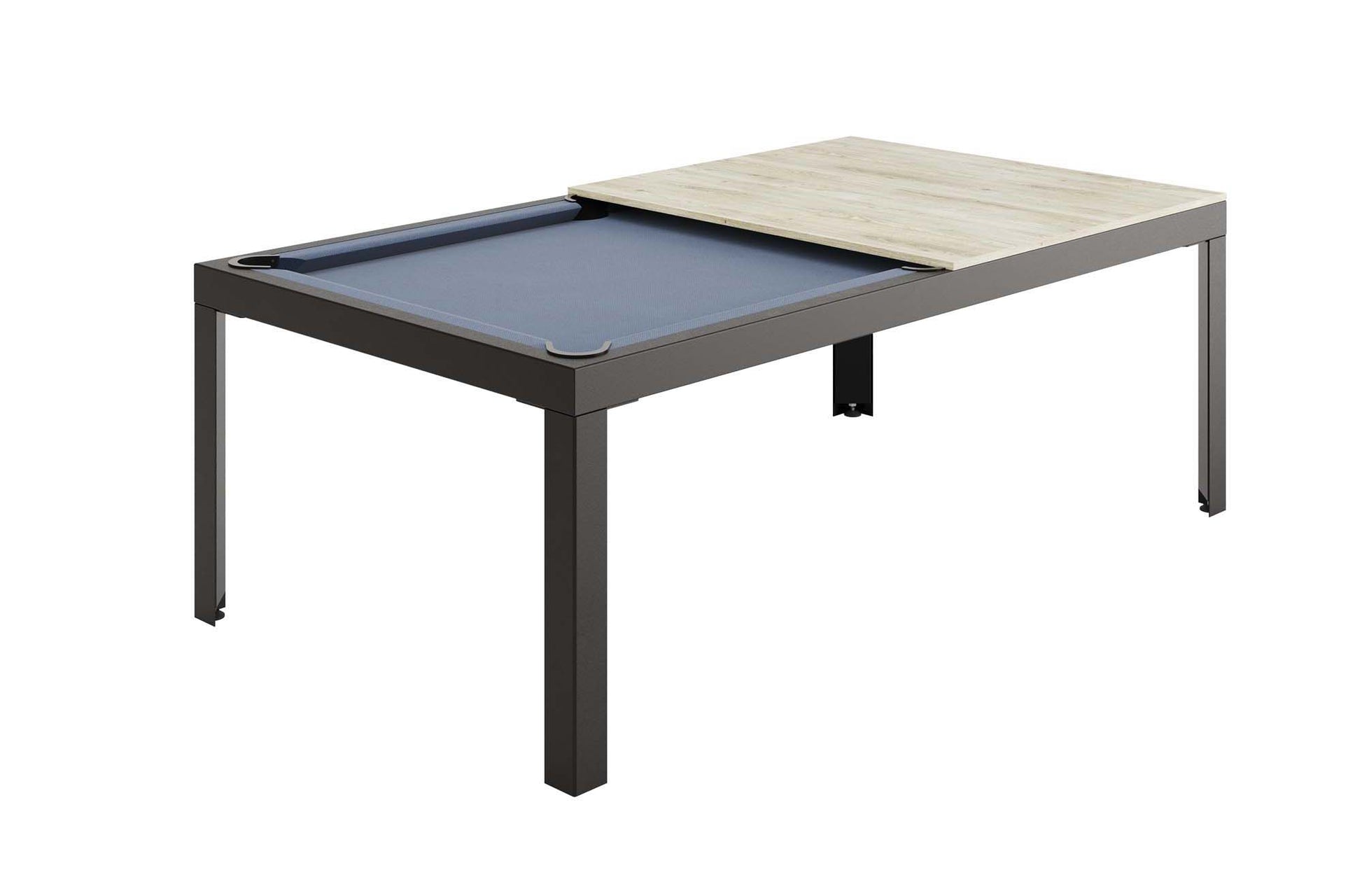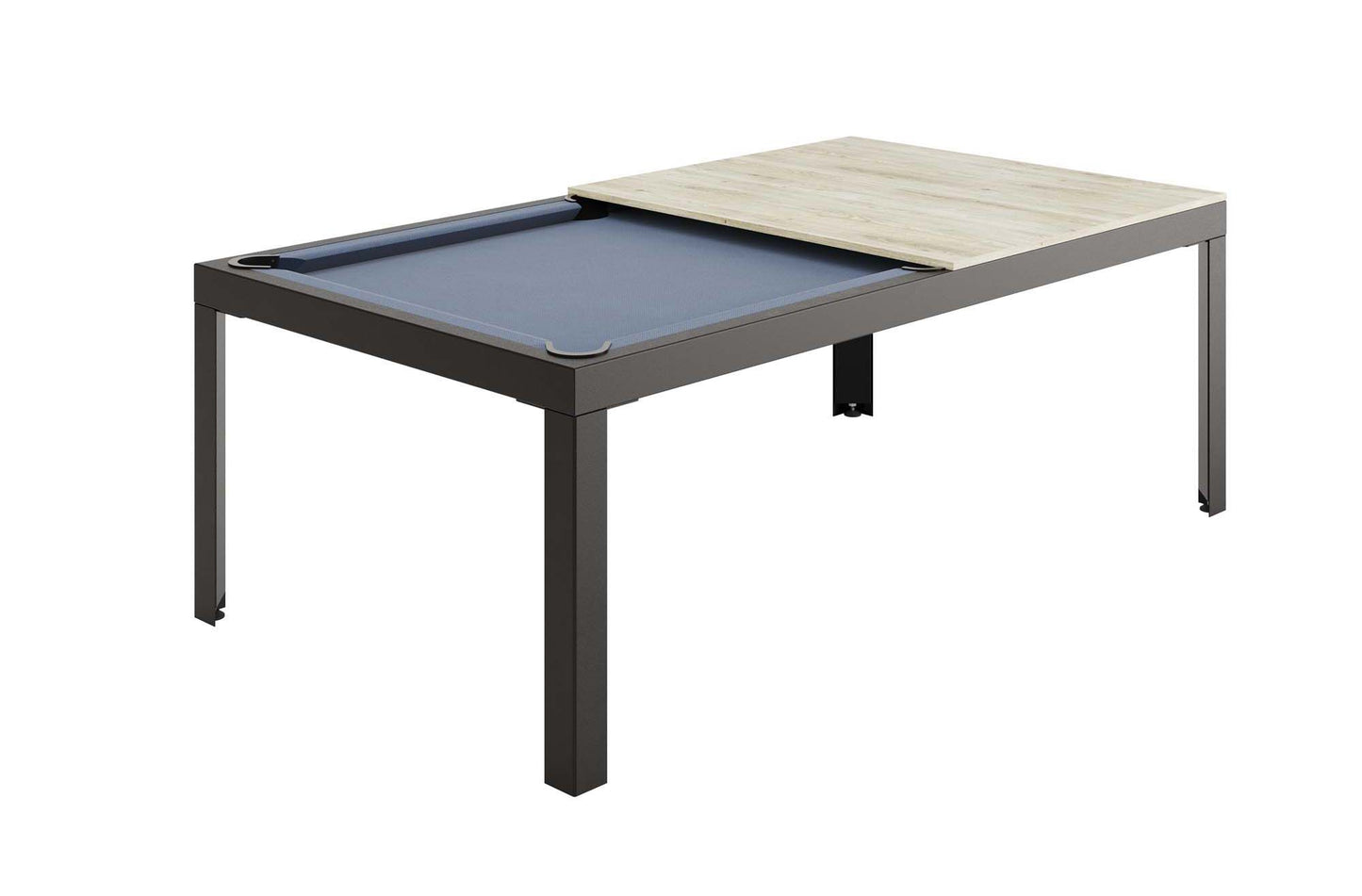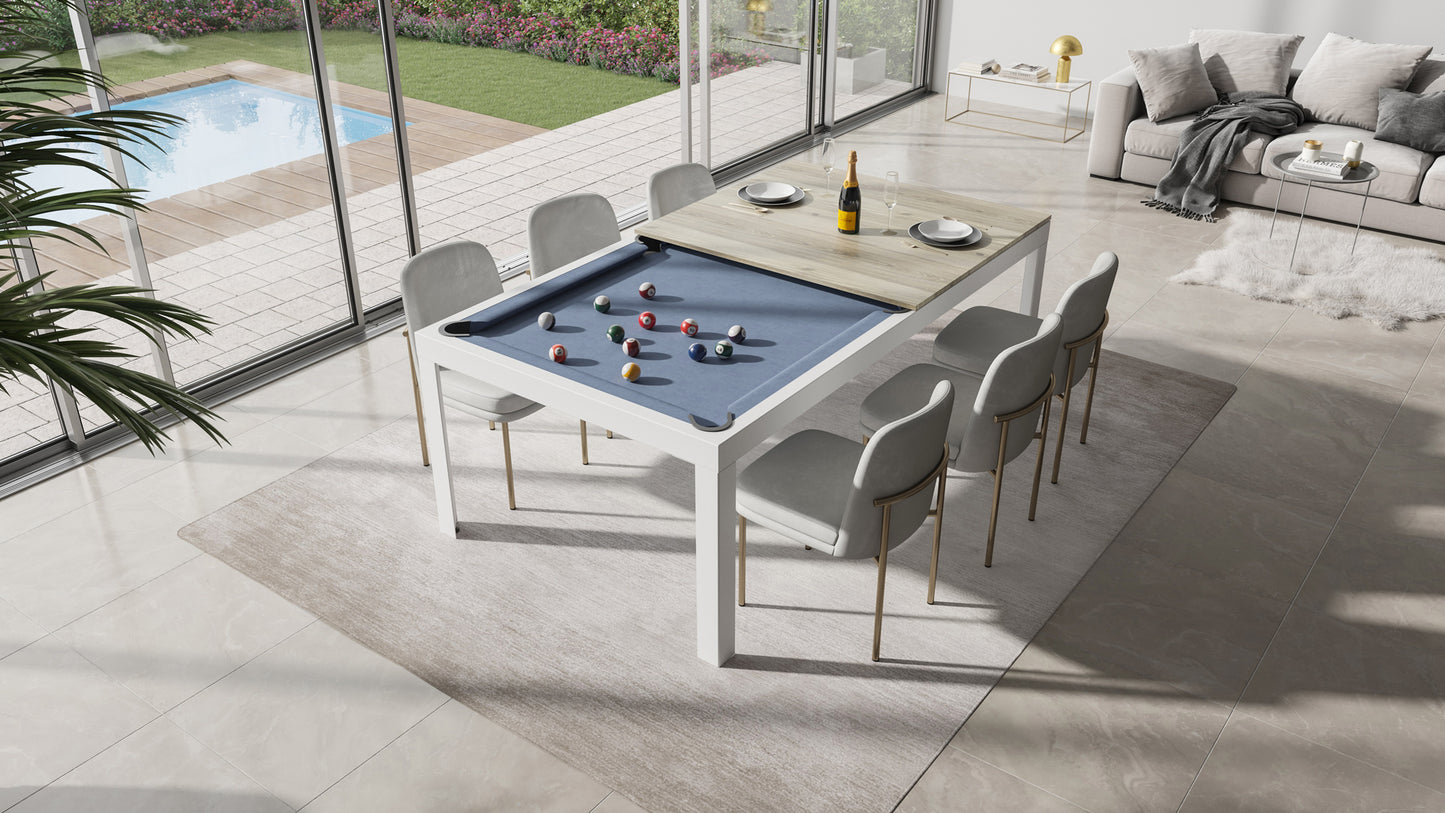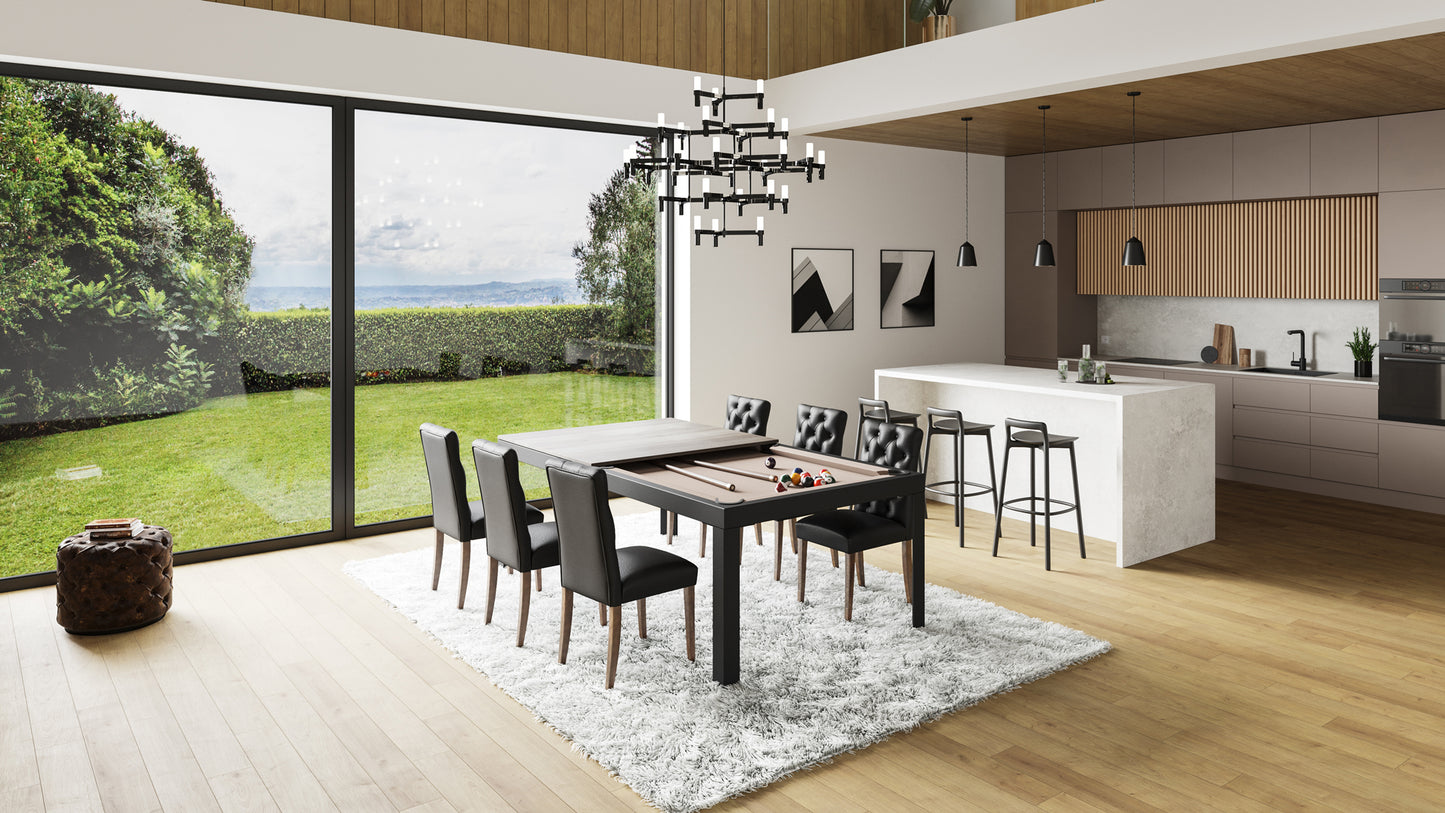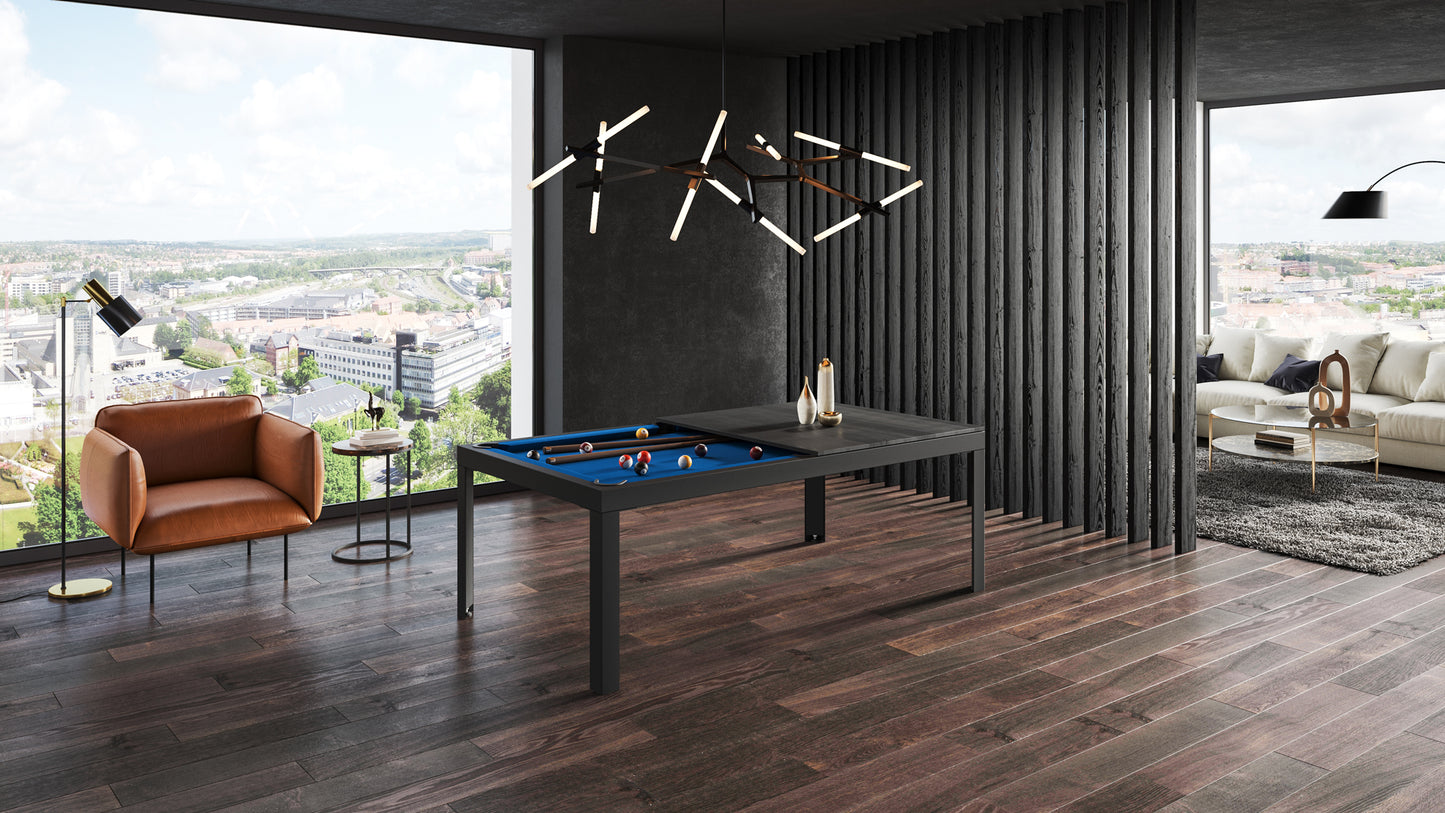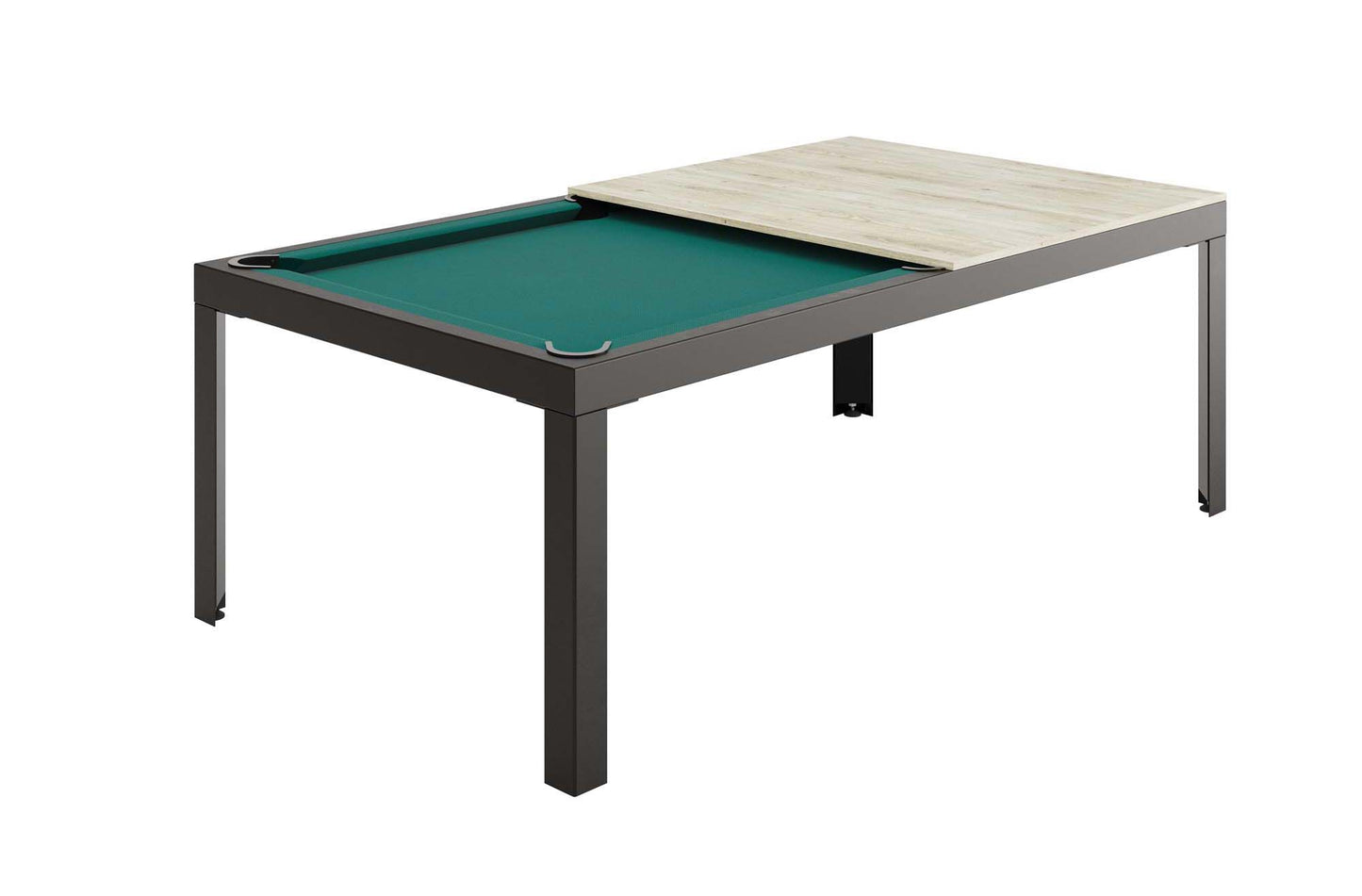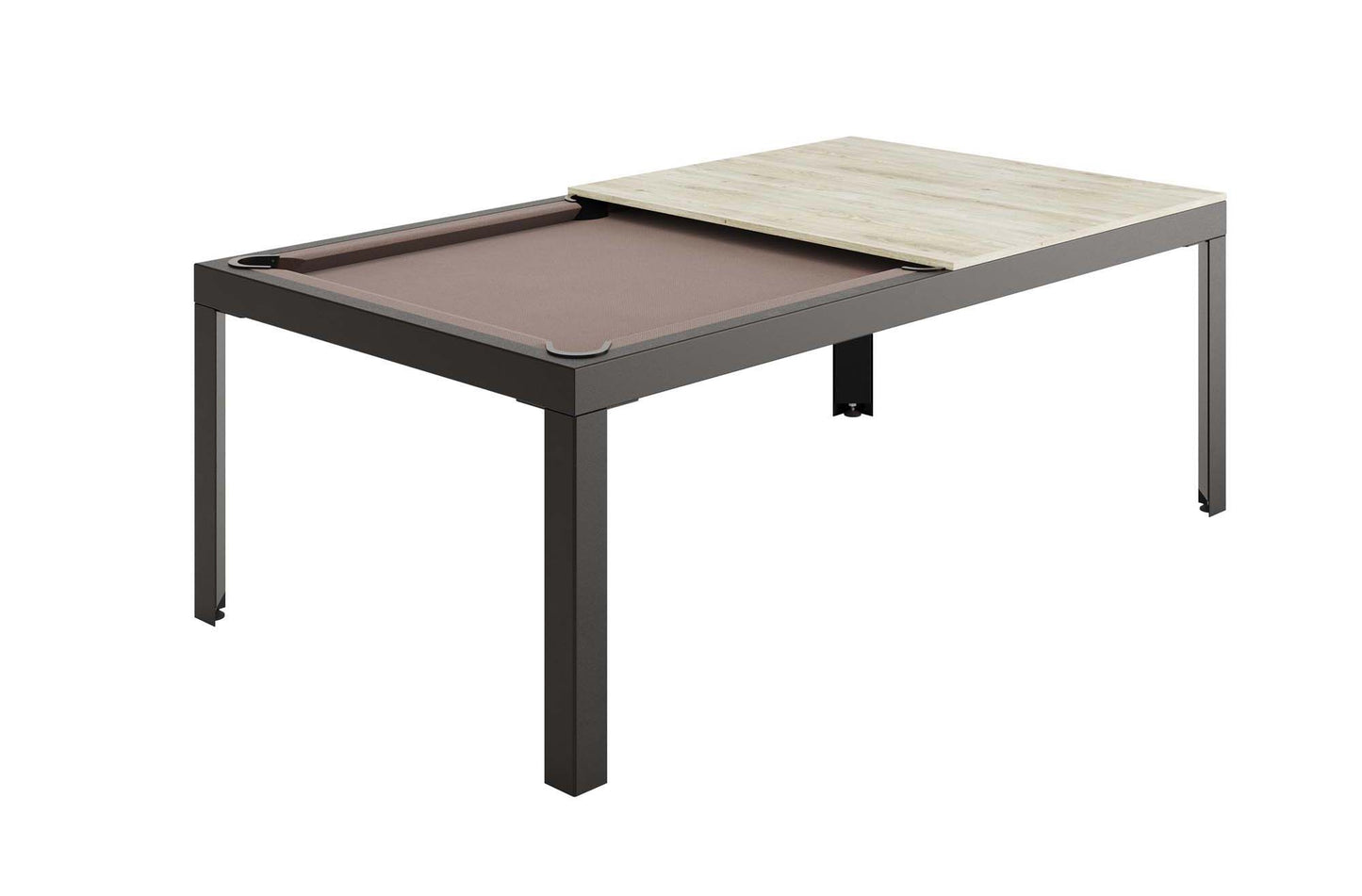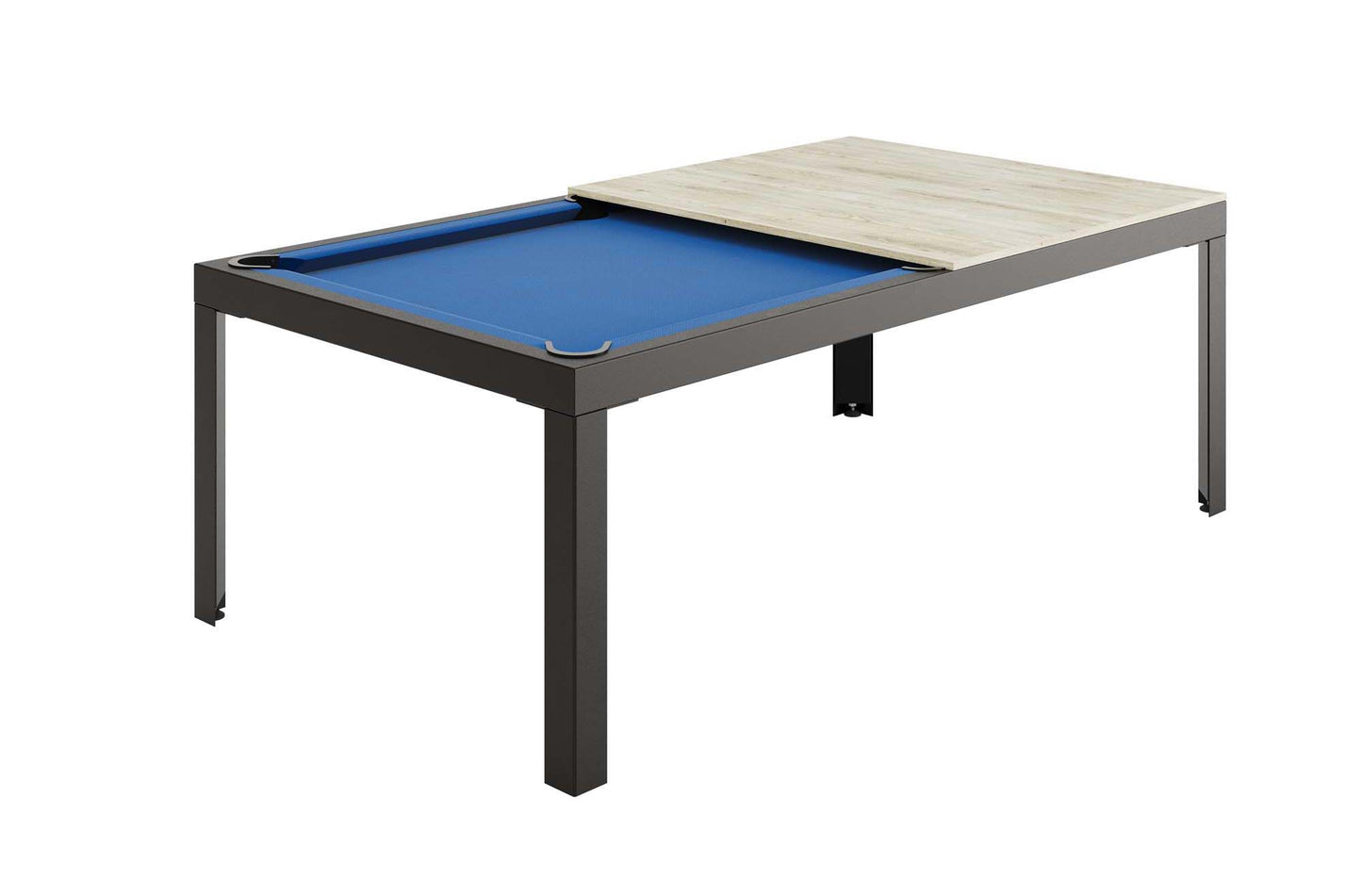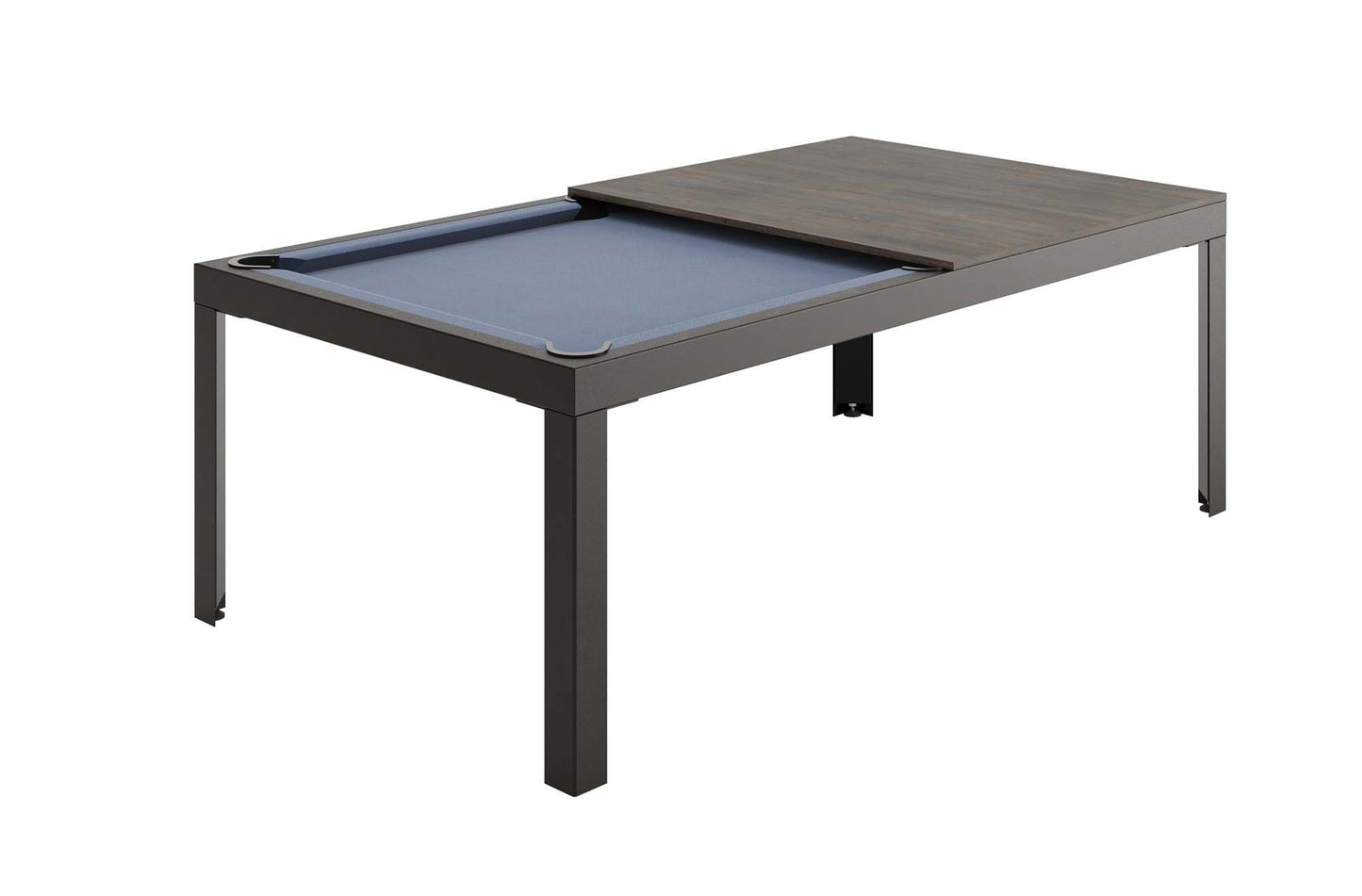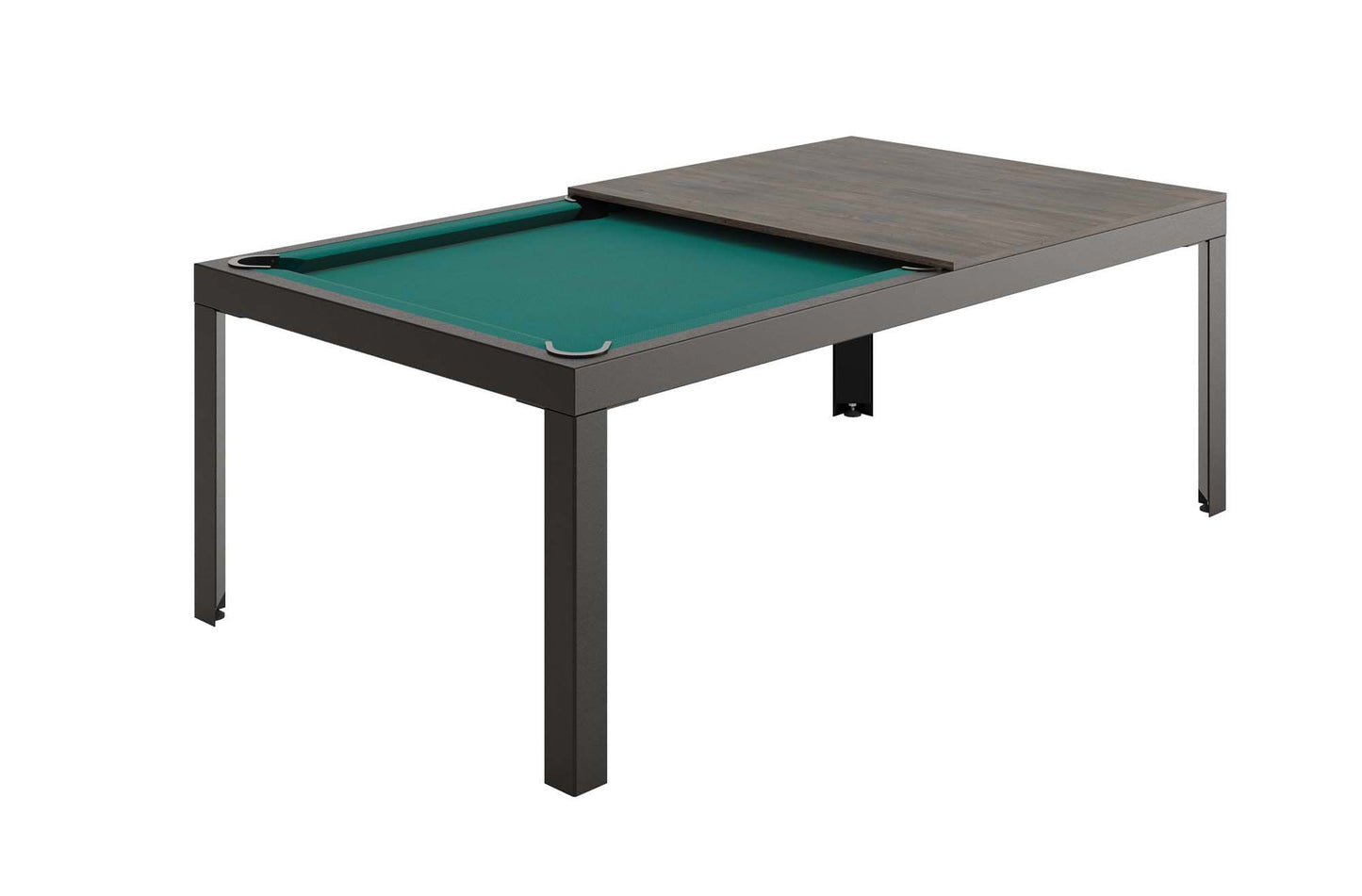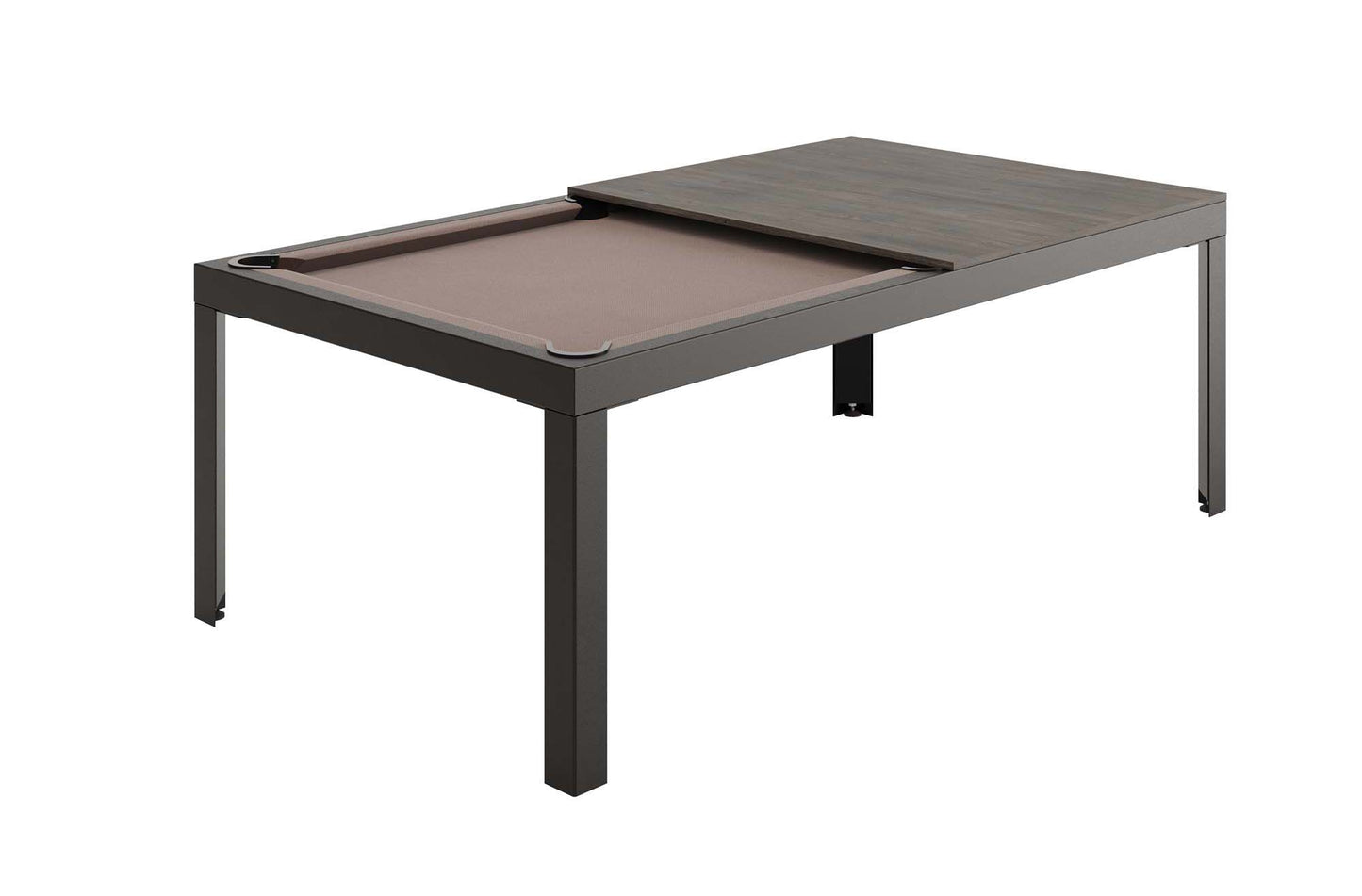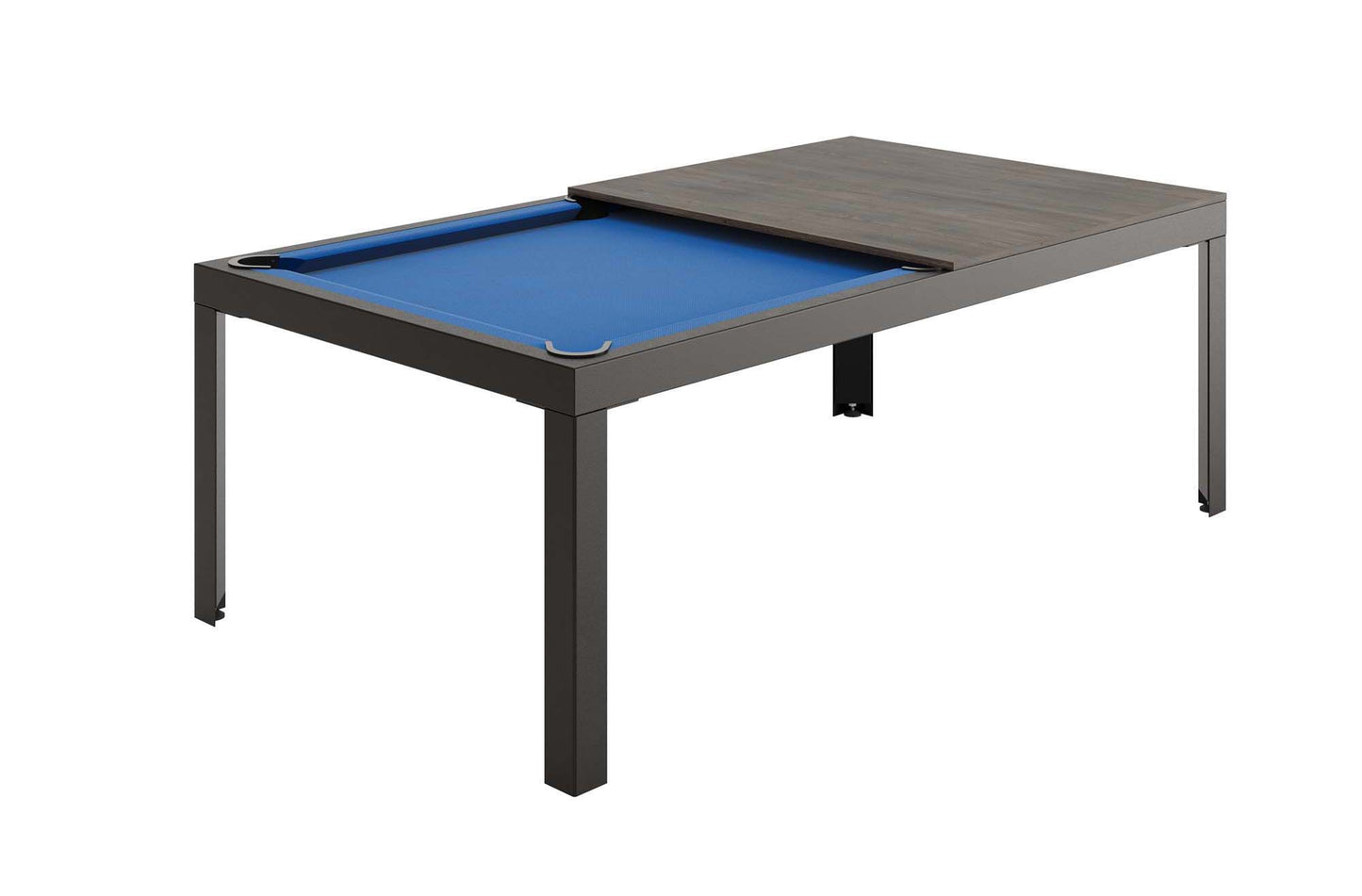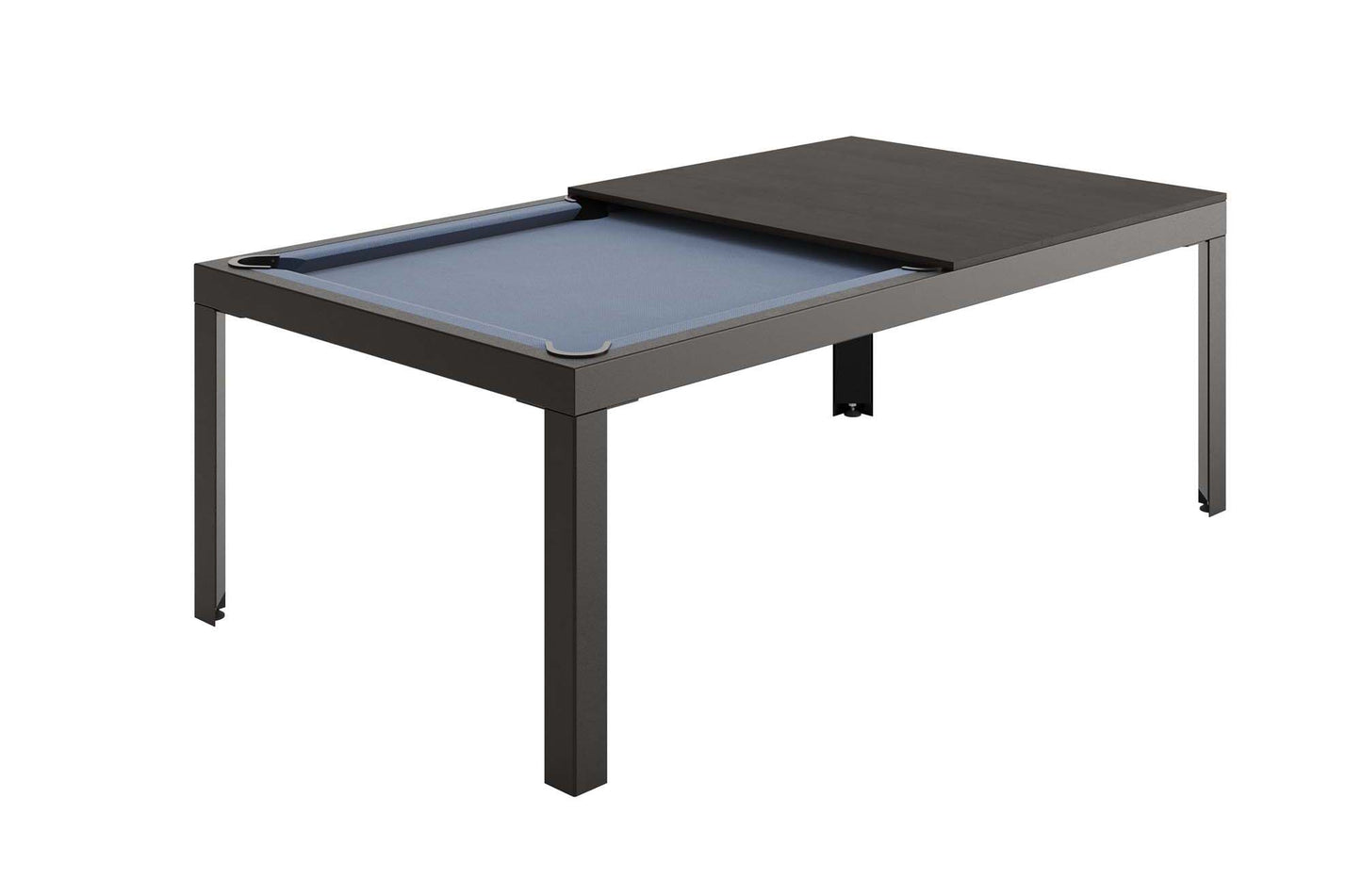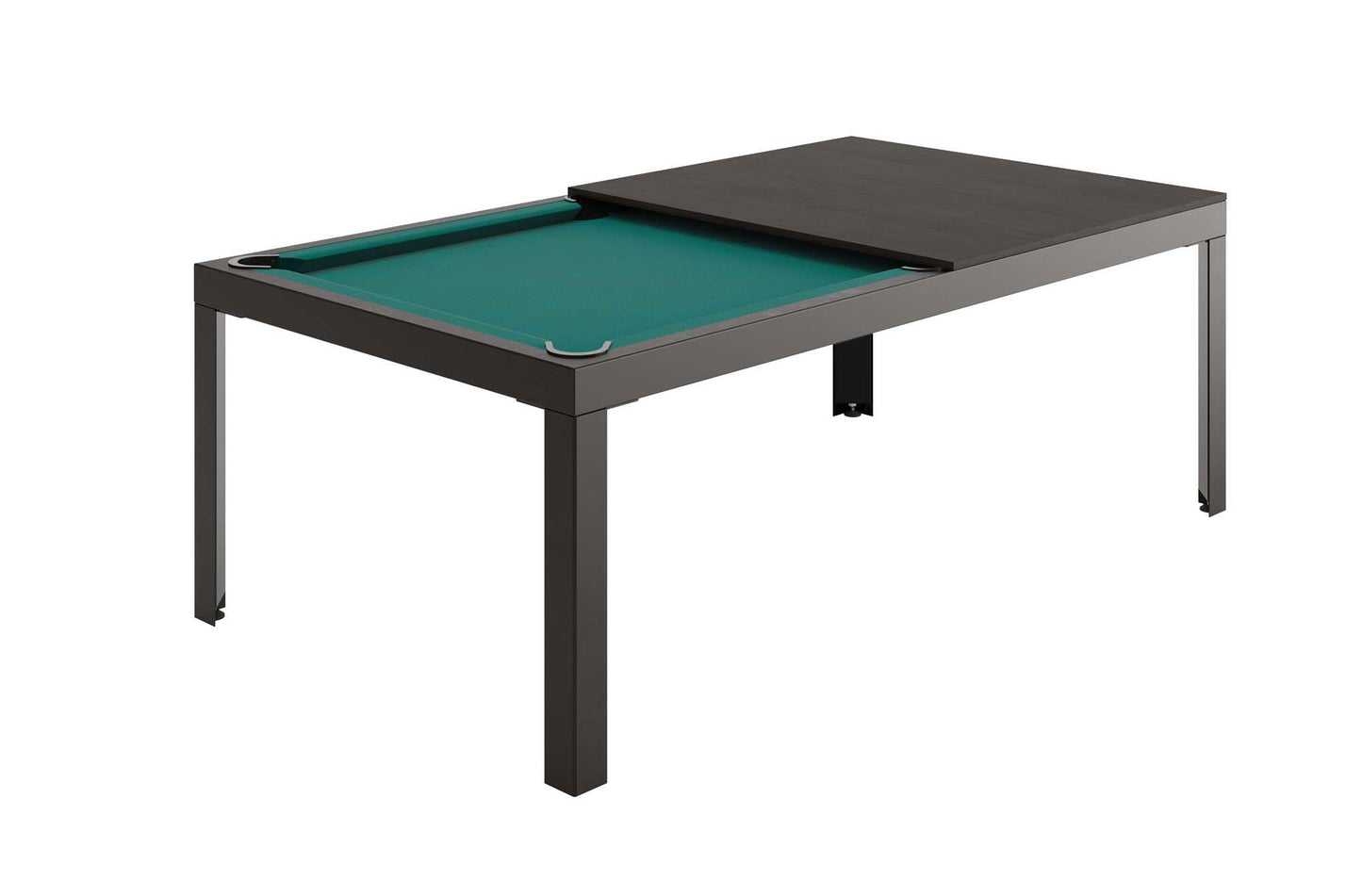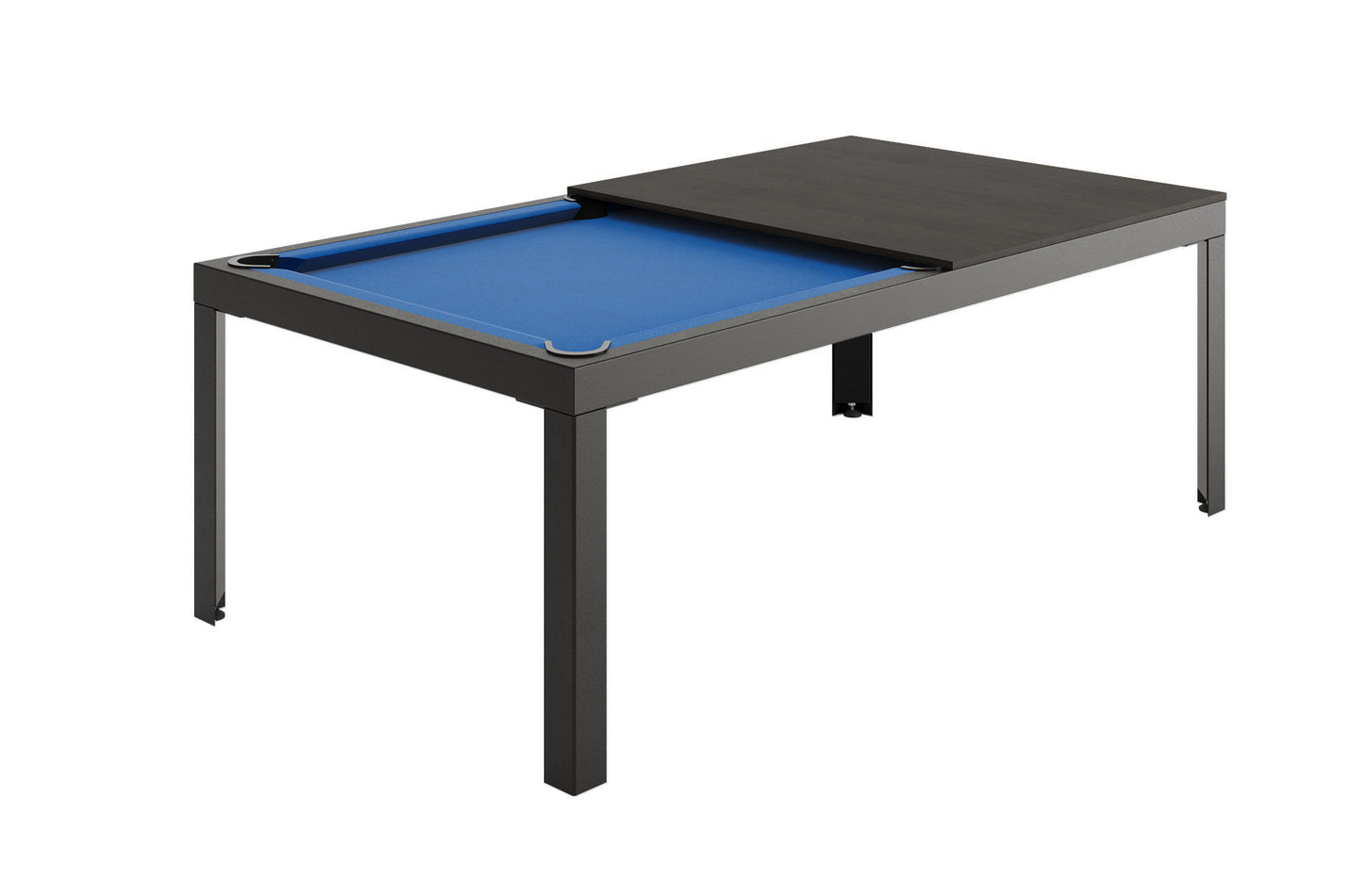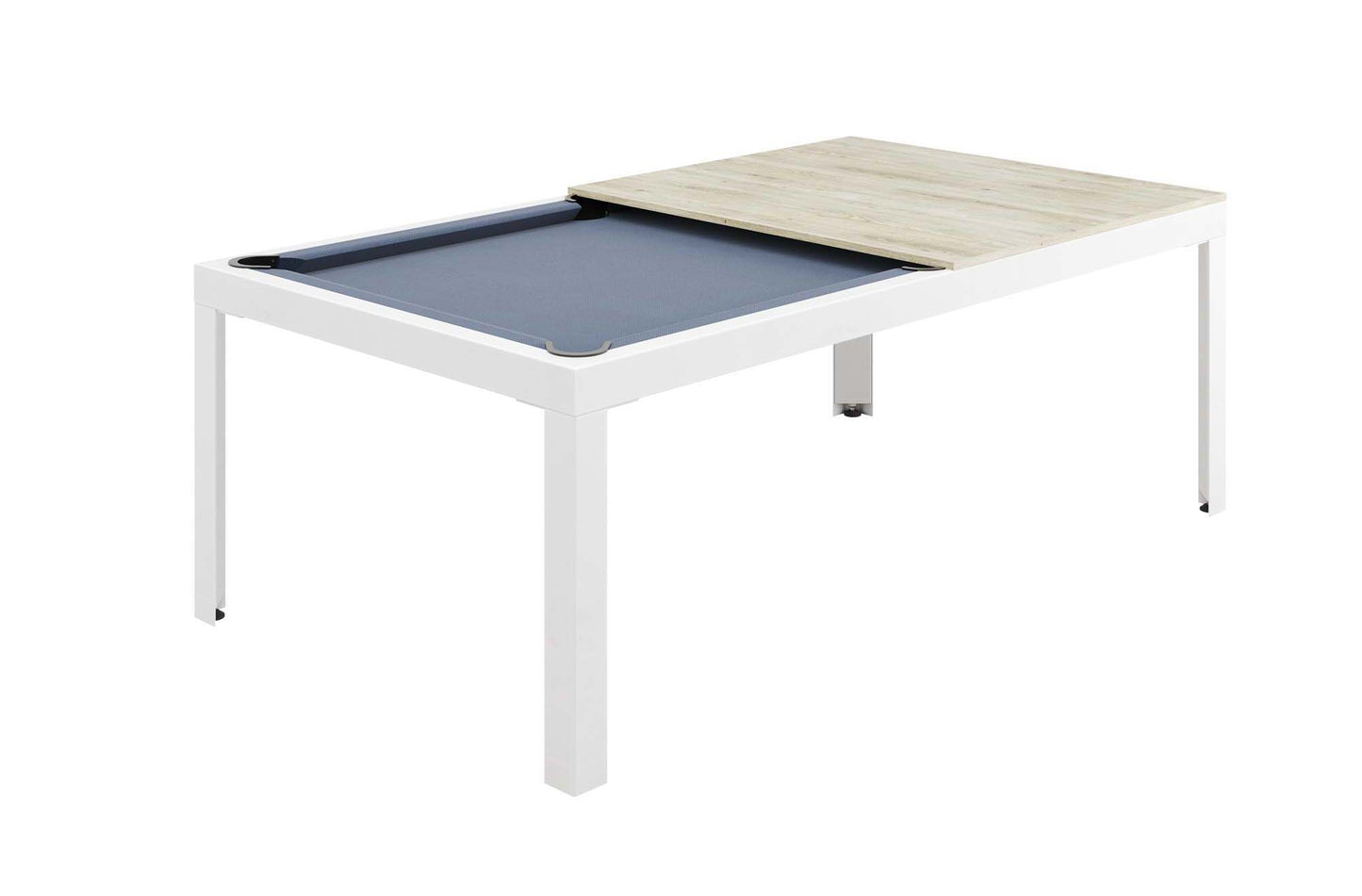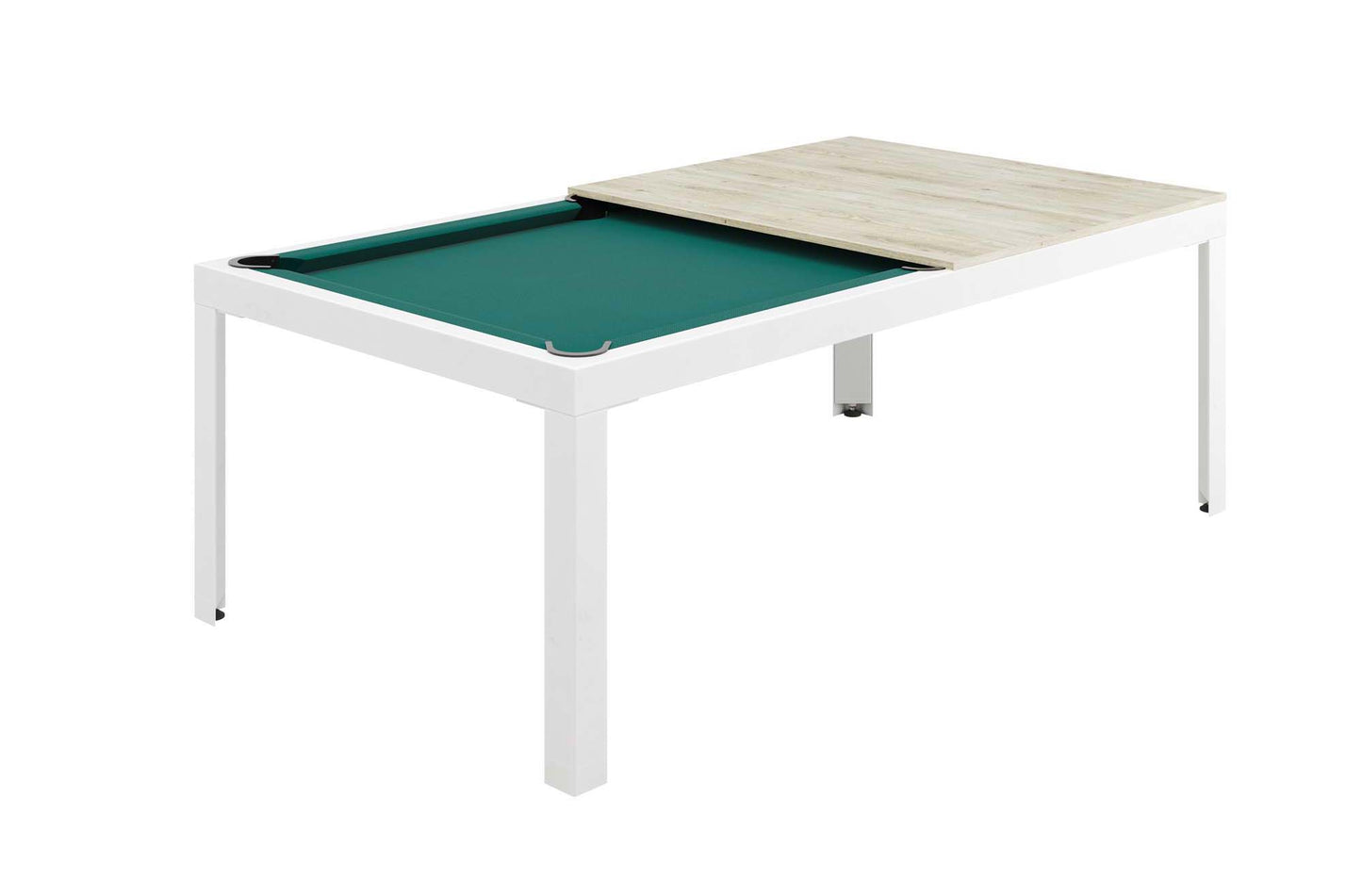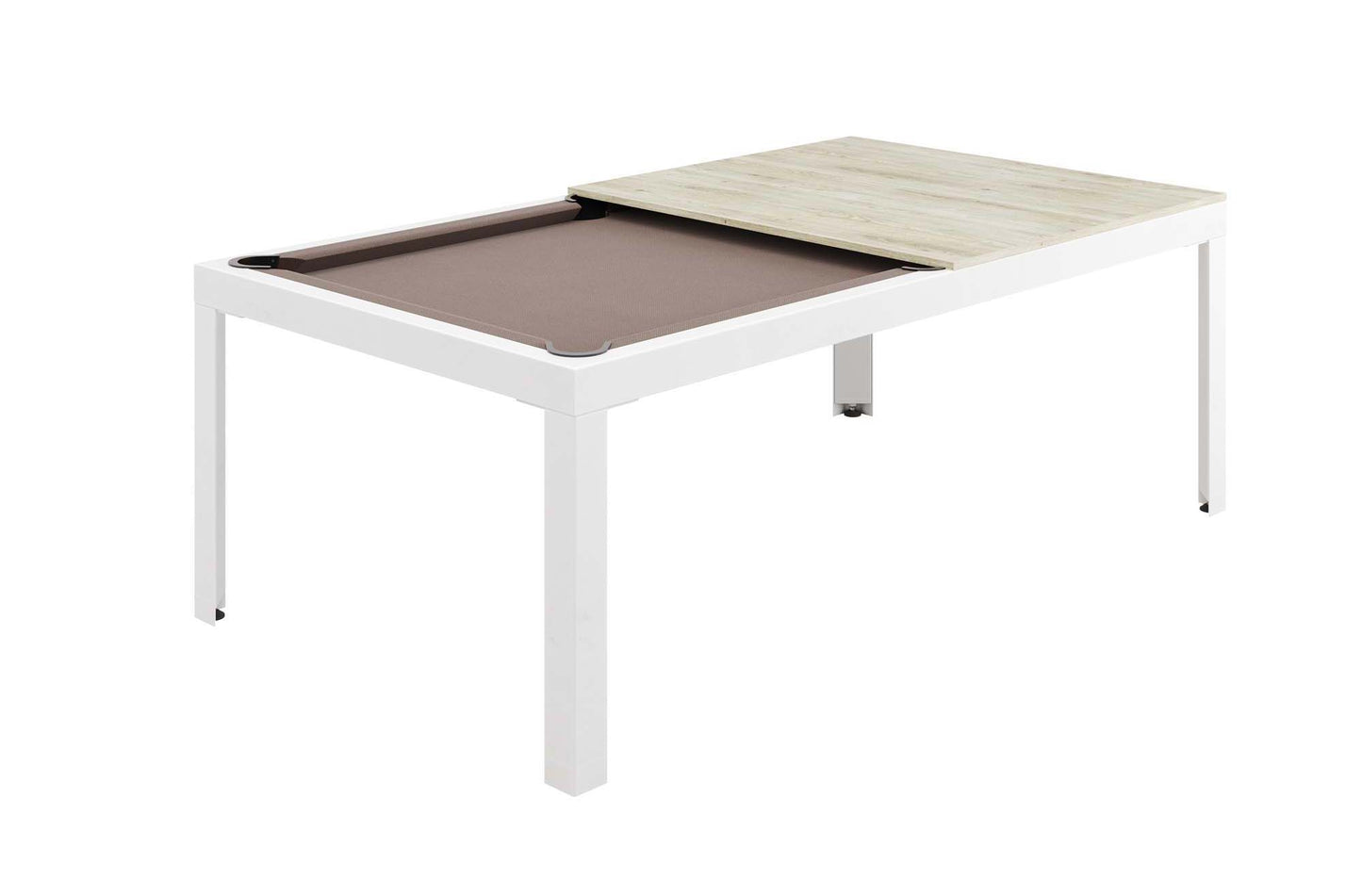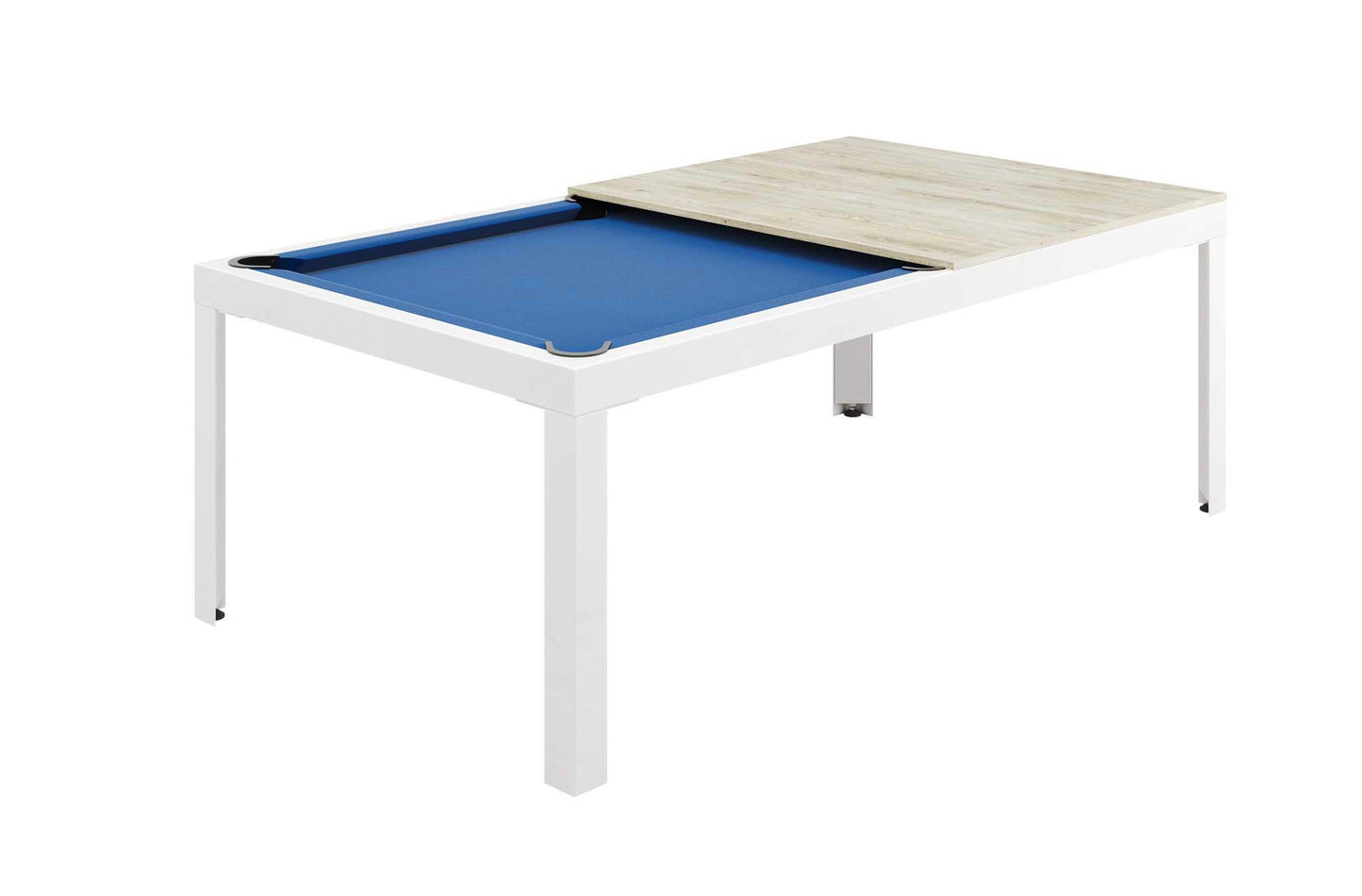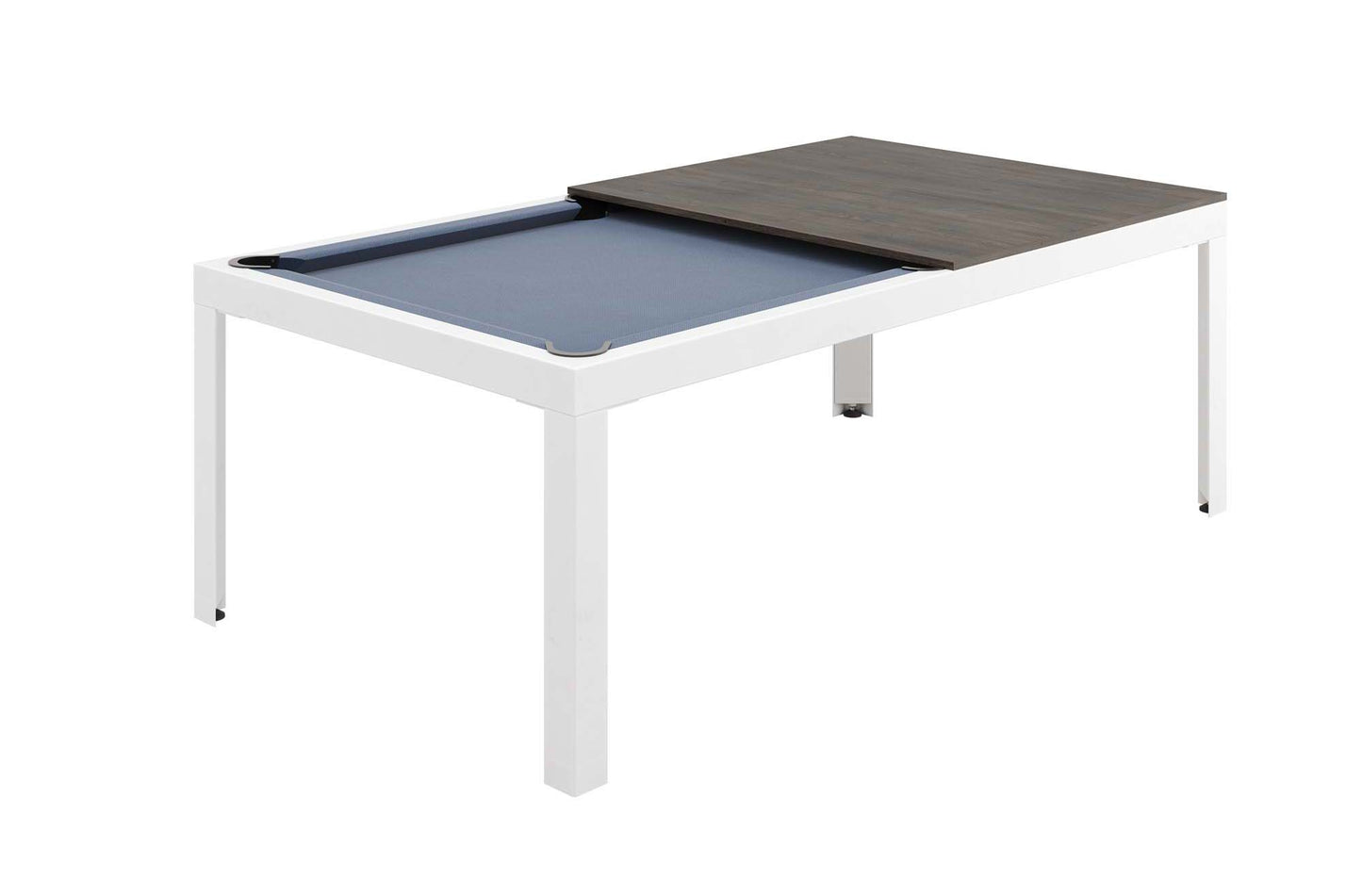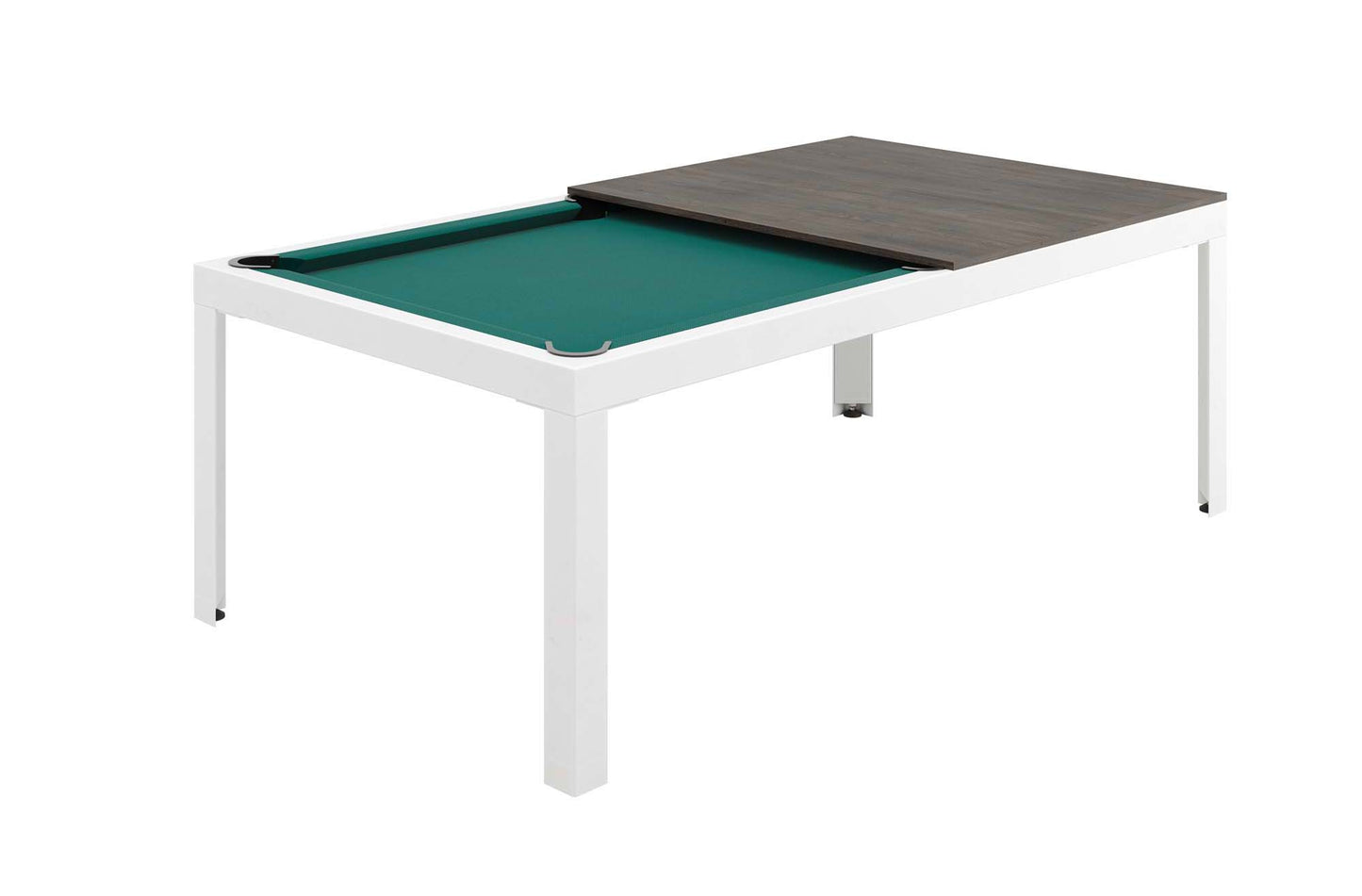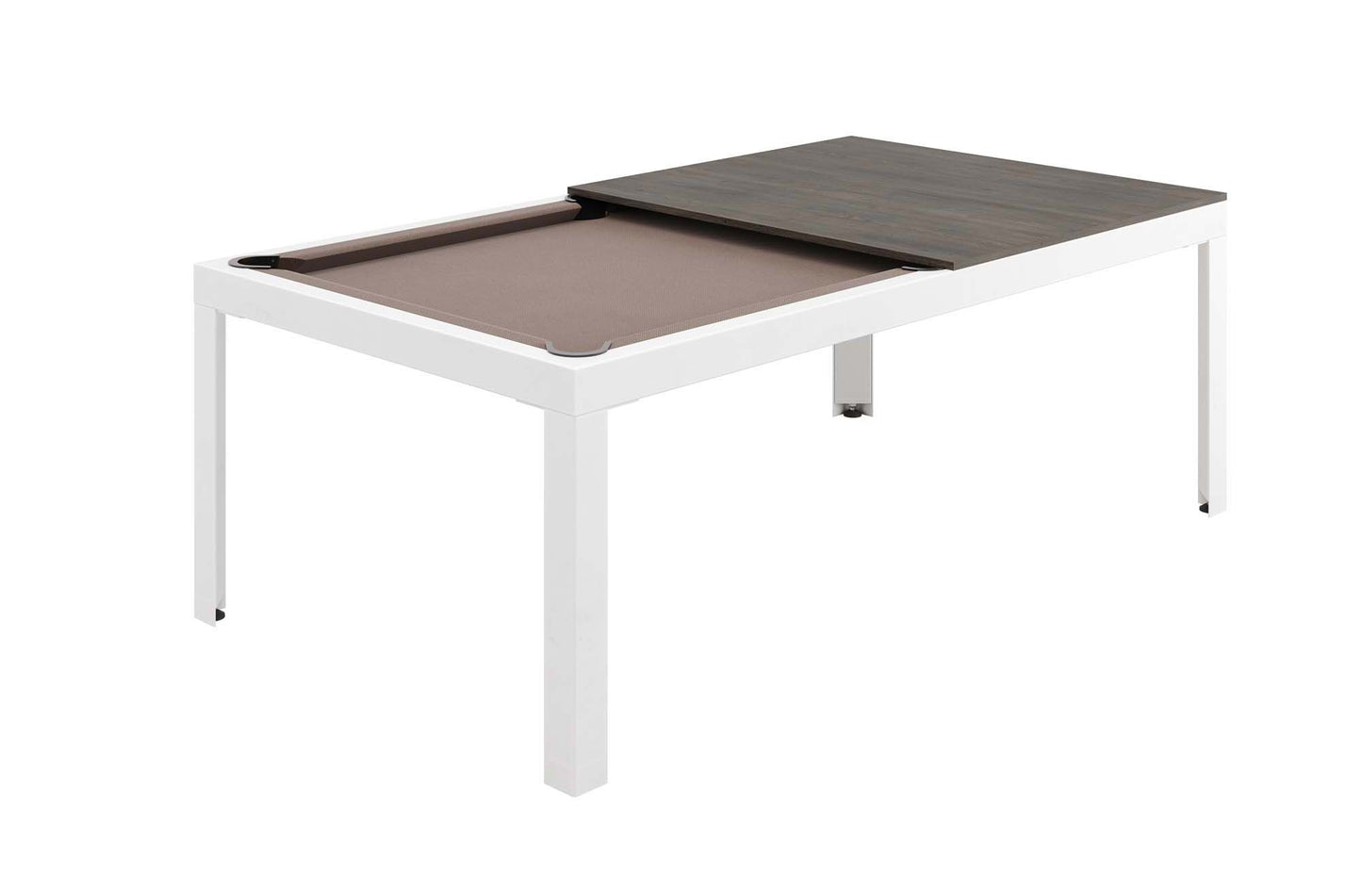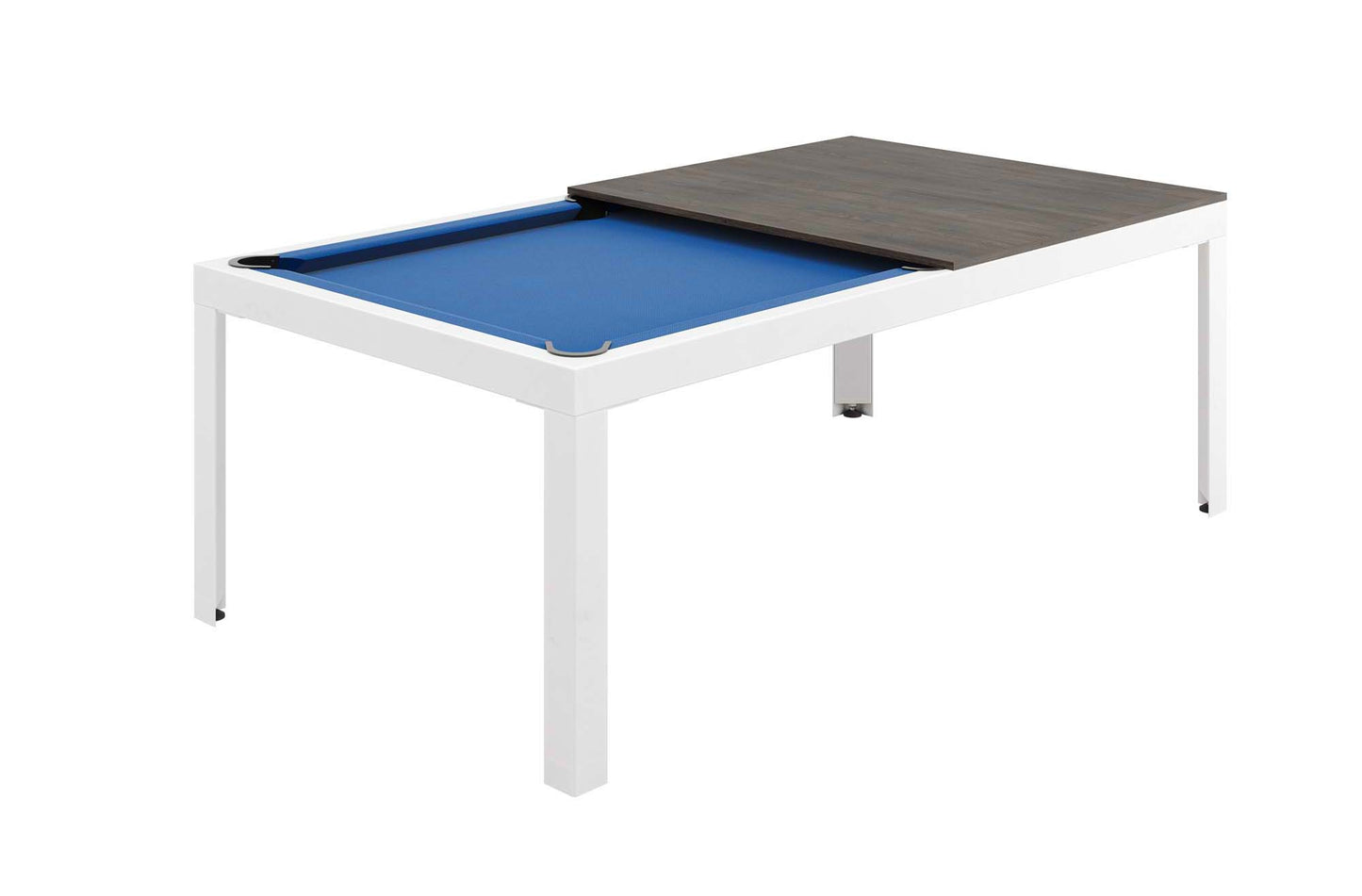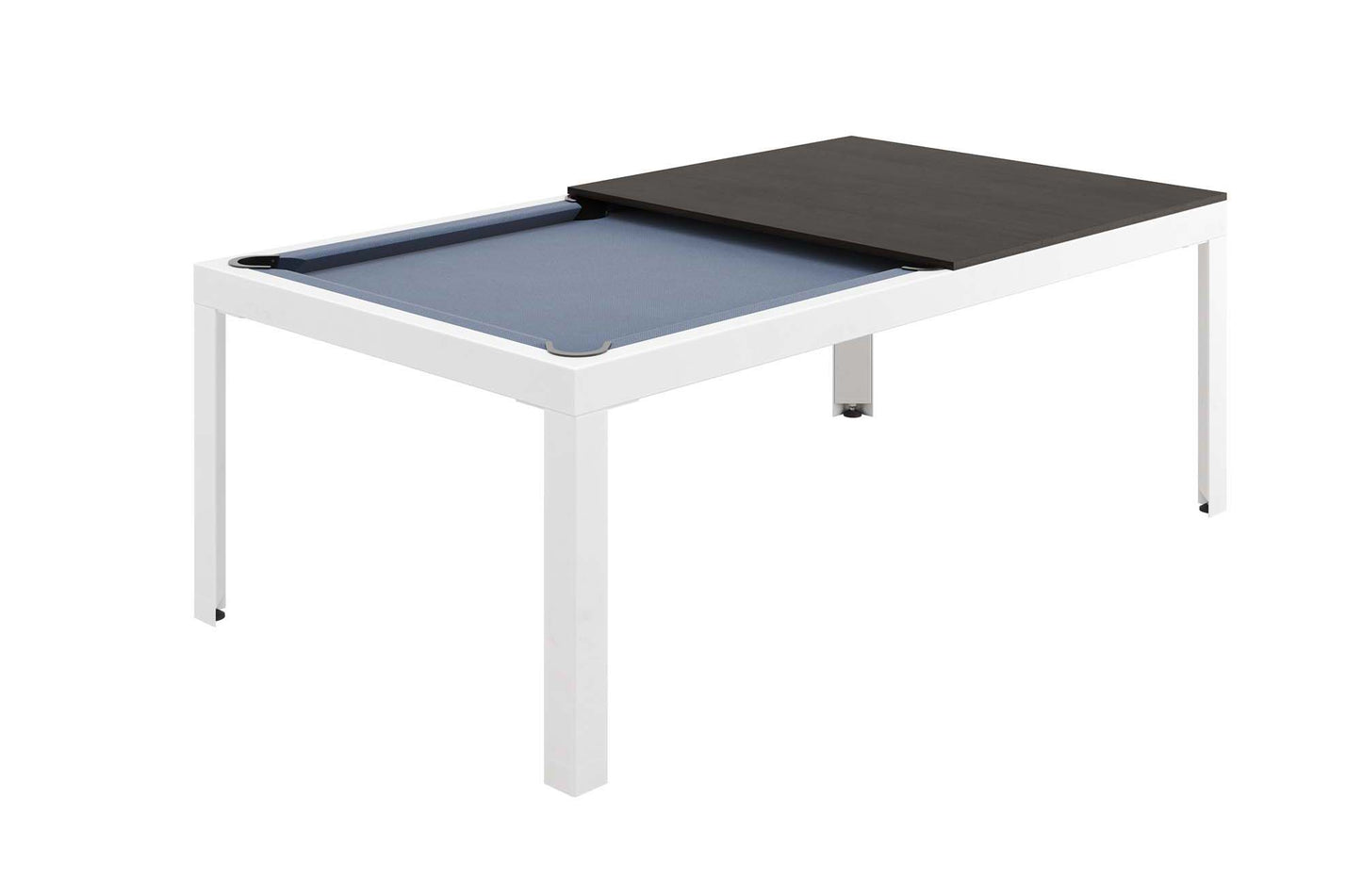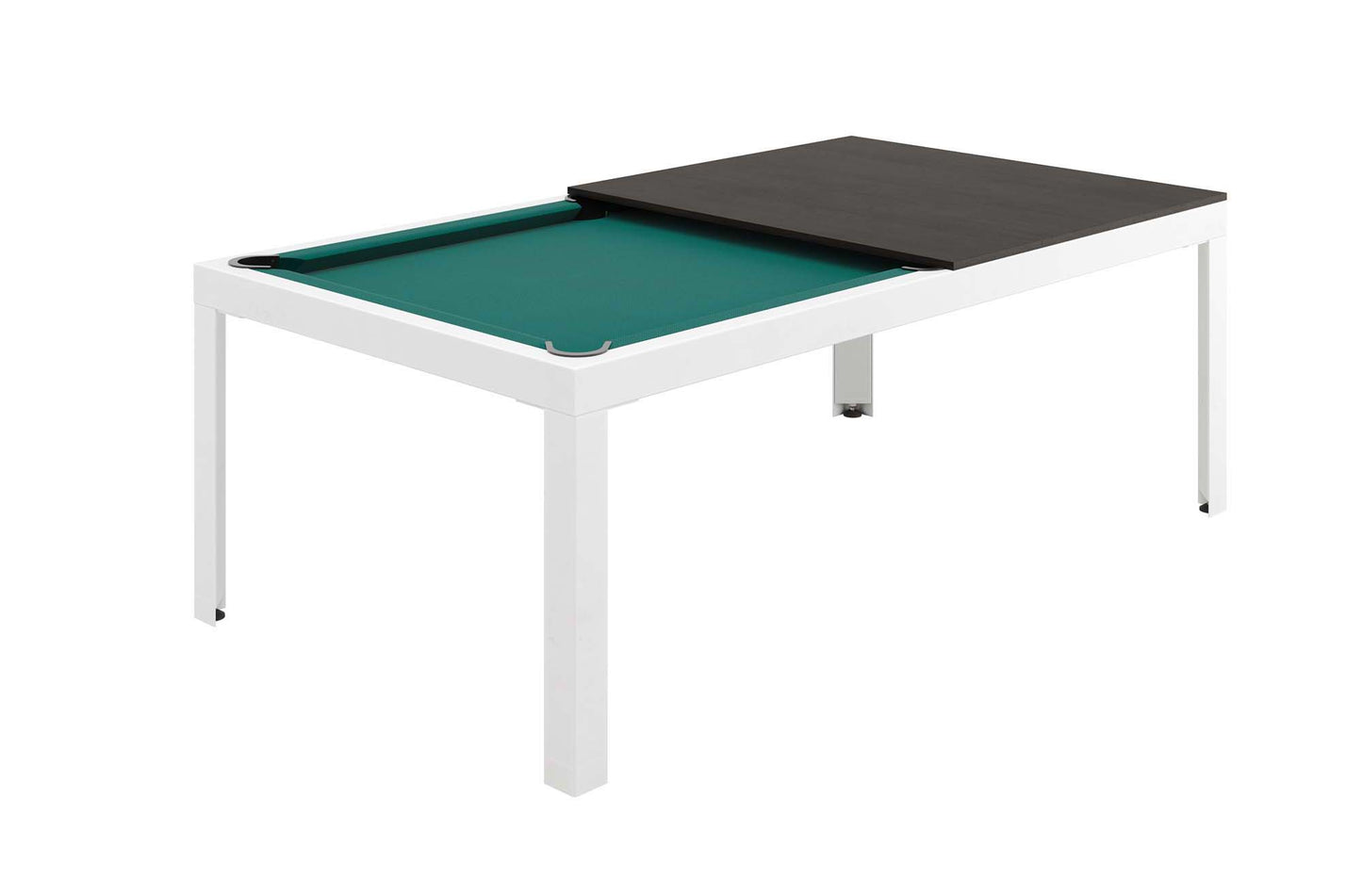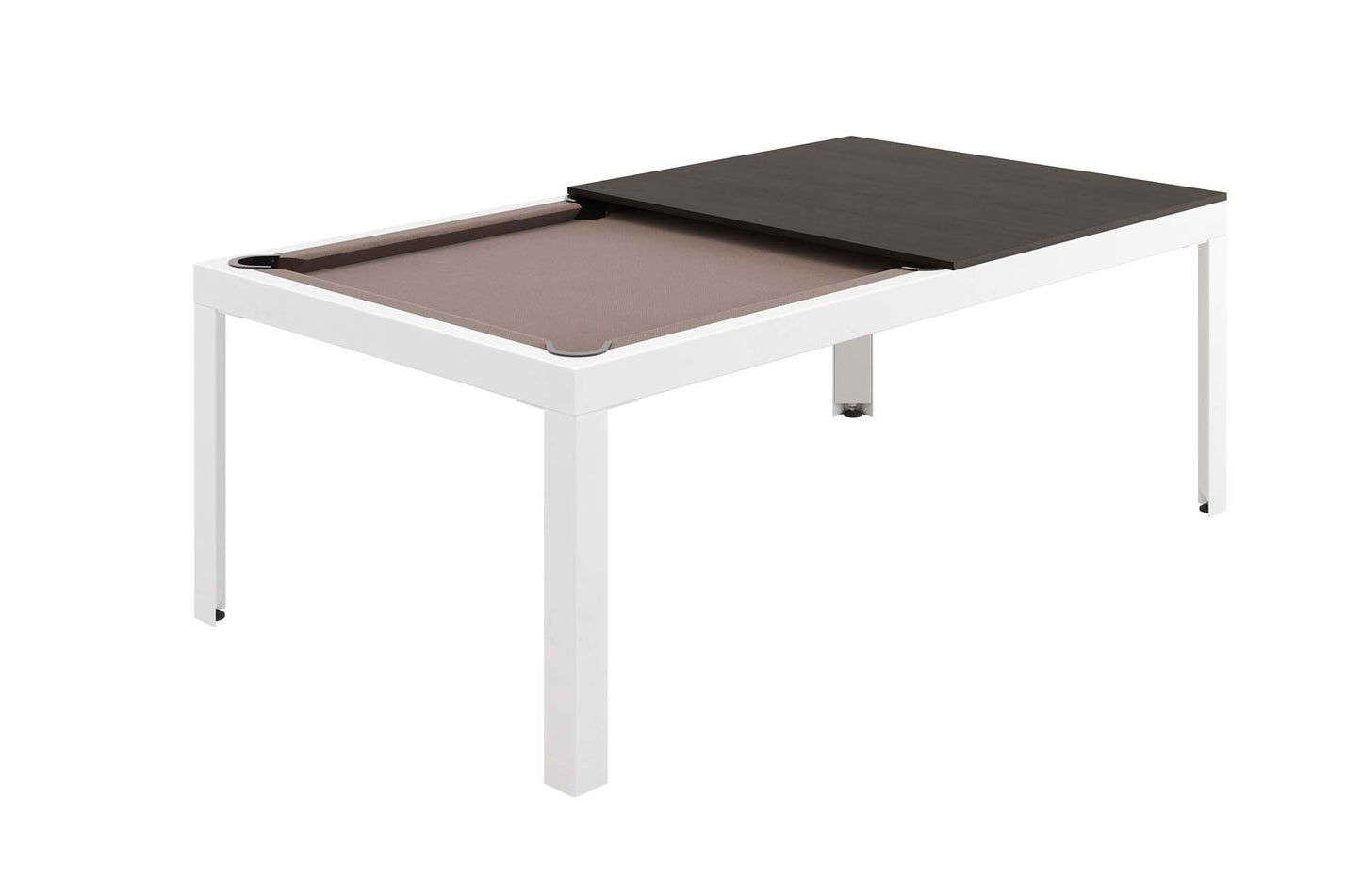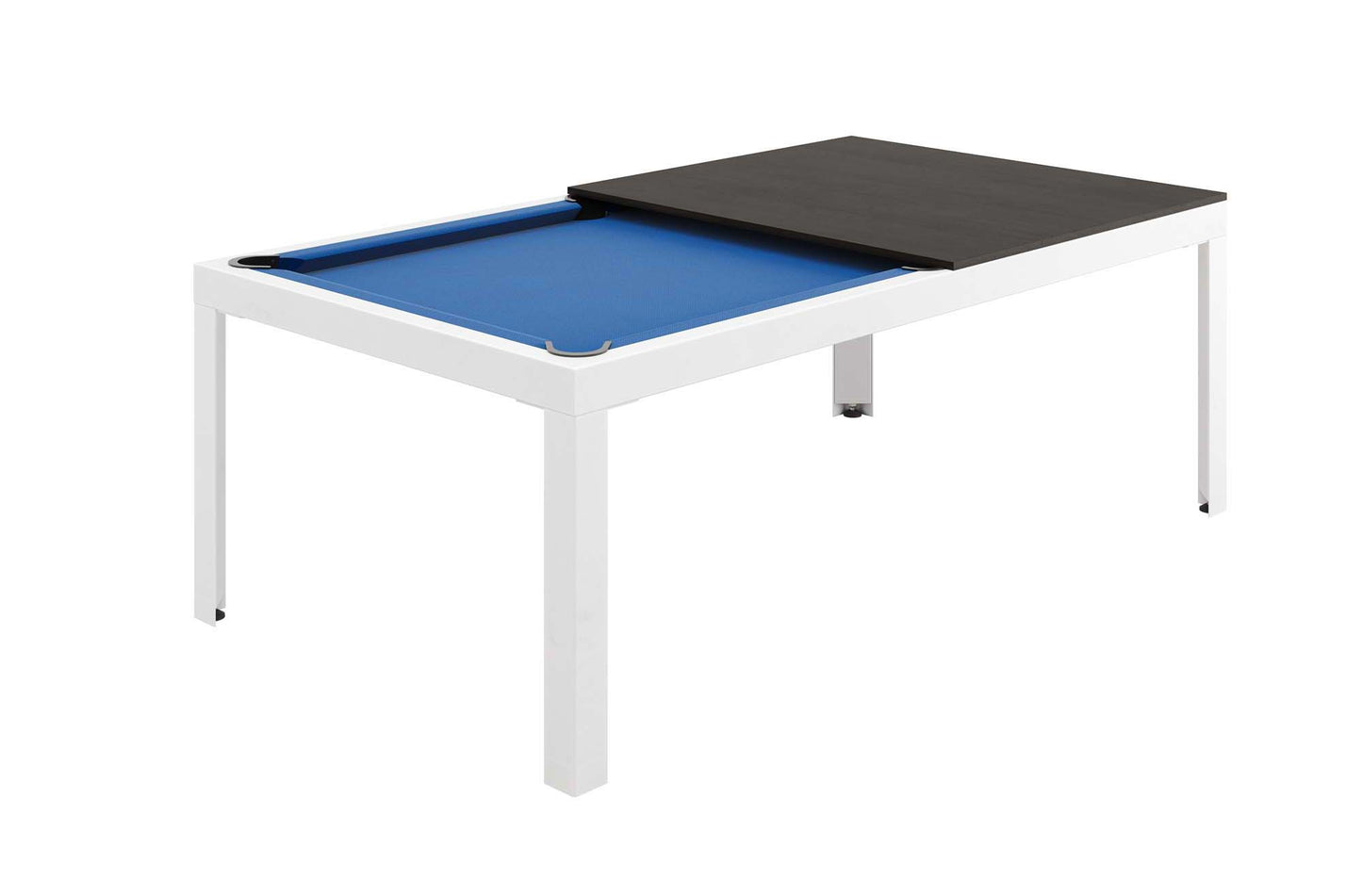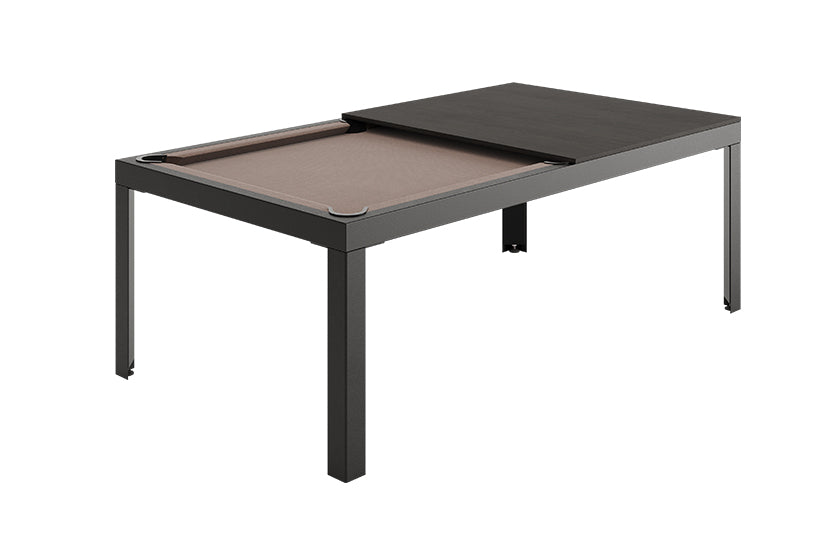
What's the difference between pool and snooker?
Dive into the world of cue sports, where each game has its own charm and challenges. Are you flirting with the idea of taking a shot at snooker or pool, but find yourself scratching your head over their differences? Well, buckle up as we break down everything from the storied past to the nitty-gritty of cues and tables. In this blog, we'll unravel these sister sports, dissecting their scoring systems and even weighing up the costs of owning a snooker table.
Exploring the origins: Snooker vs pool history
Diving into the tale of these two cue sports, snooker has its roots deeply planted in the British army barracks of India. Invented in the late 19th century by soldiers looking to add a twist to traditional billiards, snooker quickly evolved from a pastime into a game of finesse and strategy. Meanwhile, pool, often referred to as pocket billiards across the pond, emerged from a hodgepodge of earlier games played in Europe, eventually solidifying its status on American soil.
When it comes to ancestry, snooker is like an intricate family tree with branches reaching back to 'black pool', which blended pyramid and life pool elements. Pool itself is quite the melting pot—think English blackball or American eight-ball—with influences stretching across continents that gave birth to numerous stylistic offspring. Both games have become mainstays at pubs and recreation halls alike but carry distinct lineages that reflect their contrasting characters.
The journey from then till now paints distinct portraits: pool, ever-popular among hustlers and social butterflies who love a quick-fire match; snooker appeals more to those appreciating precision over pace—a test of endurance as much as skill.
Understanding the equipment: Differences in cues and tables
In the world of cue sports, not all sticks and surfaces are created equal. Pool cues, typically heftier with larger tips, are built for the hard-hitting action of sinking balls in generous pockets; they're like sledgehammers in a world where precision meets power. Contrast that with the slender, delicate touch of a snooker cue, designed to dance with finesse across a table clothed in mystery and tradition—a ballerina amongst lumberjacks.
As you turn your gaze to the battlefield itself, the stark differences continue.
A snooker table stretches out like an emerald sea—longer and wider than its pool counterpart—with tight-lipped pockets that demand pinpoint accuracy and strategic nuance.
Pool tables play host to a faster-paced game; their smaller size makes for shorter journeys and more frequent collisions, echoing the hustle and bustle of modern-day taverns where they often reside.
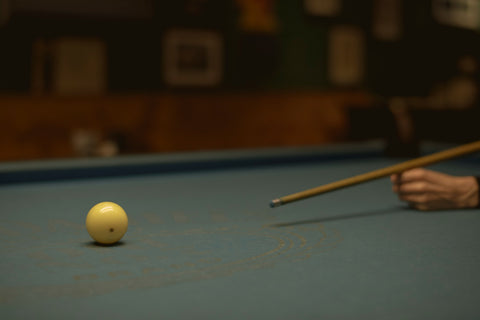
The playing field compared: Snooker table dimensions and pool variations
When you're sizing up the battlefield, snooker's got some serious acreage. Picture a green baize prairie: snooker tables stretch out to a whopping 12 feet by 6 feet, a veritable marathon for cue-sport athletes. In contrast, pool tables are the backyard gardens of cue sports—more cozy and diverse in size. You'll bump into everything from bar-size 7-footers to regal 9-foot tournament editions.
Now, don't get it twisted; these arenas aren't just about size—it's what you do with your space that counts. A snooker table is dotted with six pockets and peppered with reds and colors in specific formations, demanding pinpoint precision from every strike. On the flip side, pool layouts are less strict—you've got eight-ball, nine-ball, straight pool—all with their own quirks but sharing an easier-to-navigate setup.
So here's the rub: choosing where to chalk up isn't just apples and oranges; it’s comparing orchards to fruit bowls!
Scoring systems in snooker and pool: A comparative analysis
Snooker's scoring system is like a dance of precision, where potting balls in the right order racks up points and demands strategic thinking. Each ball has its own value, reds are worth a single point while others range from two to seven, with the black ball sitting pretty at the top. Clever players weave their way through the colours after sinking a red, aiming for a high break, that's your total score in one turn, and keeping opponents on their toes.
Pool, on the other hand, is more straightforward but no less gripping. You've got solids and stripes clashing on the baize battlefield; sink them all and finish with the 8-ball to claim victory. No need to tally individual points here; it’s all about clearing your group of balls first and pocketing that cheeky black ball without committing any fouls.
Choosing between snooker or pool can leave you scratching your head—each game offers its unique spin on cue sports thrillers. Whether you fancy yourself as a sharpshooter aiming for maximum breaks or prefer the tactical race of an 8-ball showdown, there's ample room for finesse in both arenas.
Making an informed choice: Snooker table price considerations
When you're weighing up whether to pocket a snooker or pool table for your game room, don't be blindsided by the price tag alone. Snooker tables can often break the bank more than their pool counterparts, primarily due to their larger size and the precision craftsmanship required for that smooth, fast baize. With snooker's aristocratic roots, these tables are like the Rolls-Royce of cue sports, they demand top-notch materials and a fair bit of square footage.
On the flip side, while picking out a pool table might not require you to dig quite as deep into your pockets, it’s no time to shoot in the dark. You'll find options ranging from budget-friendly starter kits to high-end models that could make even seasoned players swoon with envy.
Enhance your home's ambiance and functionality by exploring how a billiard table can improve your interior, adding both elegance and enjoyment. Understand why a billiard table is perfect for your dining room, blending practicality with aesthetic charm. Elevate the style of your living space with tips from elevate your interior with an elegant billiard table, showcasing how a billiard table can be a stylish centerpiece. And for those on the brink of purchase, buying guide for your first billiard table provides essential advice to select the ideal table for your needs.

